Construction delivery types best suited to Denver's job sites
Ryan Miller
August 7, 2025

Denver, Aurora, Lakewood, and other cities in Colorado are experiencing a boom in new construction projects. And if there’s one constant in construction, it’s change. There are endless means to deliver construction materials to the site. Here are the most common delivery methods used in Denver, so you can understand which options are available to you to keep your orders on time.
Conventional construction material delivery: the breakdown
Historically, the traditional delivery of construction materials has been relatively straightforward. Developers order and schedule the transport of building supplies from various vendors to the job site. Depending on the size of the order from each vendor, it could be delivered in a standard box truck or a semi.
Typically, companies can choose between heavy haul and hotshot (expedited) options. Effective delivery management means meticulous planning, tracking, and email or text communication to ensure dozens of deliveries arrive on time and in perfect condition.
Why is there a rising demand for custom delivery options?
Denver construction demand is on the upswing, especially in the infrastructure and residential sectors. With the rising project demand comes the pressure for developers to be as efficient as possible.
Some projects require specialized contractors, niche vendors, and re-orders of materials. In those cases, traditional delivery methods can’t support spontaneous deliveries and routing changes, which creates bottlenecks in the project timeline. But with custom delivery options, projects can remain agile and stick to the original schedule regardless of delays and reorders.
6 construction supply delivery types in Denver, explained
1. BODFS
Buy Online Delivery From Store (BODFS) services can be hard to plan. Retailers utilize these ship-to-store methods to deliver products directly to end customers; however, when it comes to traditional construction delivery, gaining visibility into the delivery status is difficult.
Now, local drivers more often use logistics apps to bring deliveries right to the job site with visibility for all. These software platforms use a fleet of nationwide drivers to obtain orders of any size, consolidate with other vendors, and streamline delivery all the way to the final destination.
2. Third-party delivery
Third-party delivery (3PL) is the practice of outsourcing supply chain and delivery services to an external entity. This means developers and construction companies can simplify planning and delivery by allowing a team of experts to take over.
Third-party delivery is popular for projects of any size. For the amateur DIYer, the house-flipper, or the mega project planner, putting delivery in the hands of external specialists means project timelines stay on time every time.
3. Virtual fleet
Denver’s construction companies also often take advantage of virtual fleets. There’s a wide network of local drivers in the city that can be accessed via a delivery app. These apps connect you to any vehicle size and provide a specialized driver to complete the delivery.
Even if a local construction company needs an out-of-state delivery, using a virtual fleet via a delivery app is the most reliable, cost-effective solution. They never match you with a vehicle larger than necessary, and give you full status visibility for the progress of your order’s arrival.
4. Retail delivery
Deliveries from retail stores can be slow and clunky. And much like the BODFS system, end customers and project developers rarely get visibility into the order status. This is another way construction delivery software solutions win.
Using a delivery app to manage retail deliveries means construction companies can optimize their operations in tandem with delivery times. Drivers are also often able to provide quick or even same-day delivery from retail stores.
5. Last, first, and middle-mile delivery
First, middle, and last-mile deliveries are common in the construction industry. The “first mile” refers to the first leg of the material delivery journey. Goods are collected from the manufacturer or store, and the initial stage of the logistics process begins with collection, packaging, and getting out onto the road.
“Middle mile” delivery connects the first and last delivery steps. This involves moving materials or goods from manufacturing hubs to regional distribution centers. This is usually the longest stretch of driving, sometimes crossing state or international lines.
The “last mile” stage is the final stretch of the delivery journey. This involves transporting goods from a distribution center to the job site or end consumer. This ends the delivery logistics chain, and construction with the newly-delivered materials can commence.
6. Jobsite to jobsite delivery
Jobsite to jobsite construction deliveries refer to transporting goods and materials, equipment, and tools from one site location to another. This streamlines a developer’s project execution and is critical for keeping projects on schedule. It also minimizes downtime for laborers and contractors between similar projects.
In Denver, in particular, sustainable construction practices are being more frequently employed. That means materials that go unused on one site are being transported to the next. Not only does this reduce waste, but it means fewer materials are ordered, and developers can lower their supply costs.
Why multiple vehicle options streamline things further
Not every vendor delivery requires the biggest long-haul truck. Deliveries come in all sizes, and the best delivery apps will offer vehicles like:
- Cars and SUVs
- Pickup trucks
- Flatbed trucks
- Dry vans
- Box trucks
- Pipe rack trucks
- Semi trucks
- Sprinter and cargo vans
- Stake bed trucks
- Straight trucks
Using a more fuel-efficient vehicle and consolidating deliveries from vendors also allows Denver construction companies to adhere to sustainability pledges, LEED standards, and low-carbon construction goals. Sustainability is a top priority for the construction industry in Denver, and a variety of vehicle options means eco-friendly and efficient transportation.
Make every construction material delivery a breeze with Curri
At Curri, we’ve got all of your construction material delivery needs covered. We offer any delivery type, hotshot support, and various vehicle to suit your needs. Our comprehensive software helps with all delivery logistics, and easily integrates with your other systems to keep all of your project updates streamlined in one convenient platform.
Book a demo with our team today to learn more about how you can make your deliveries fast and reliable.
.jpg)








.jpg)
.jpg)
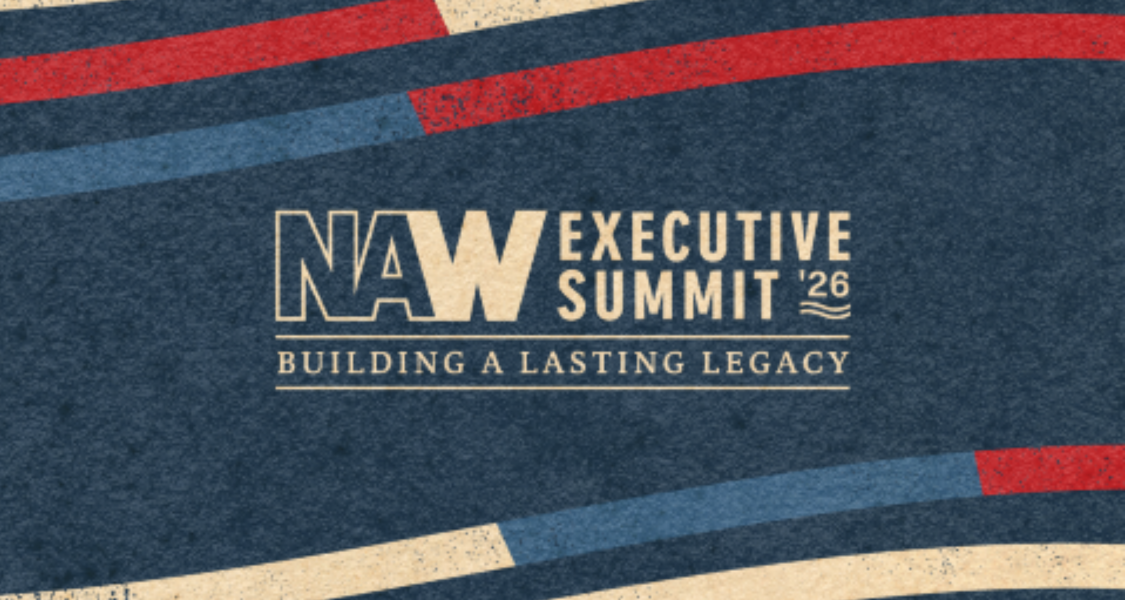

.png)
.jpg)
.jpg)
.jpg)
.jpg)
.jpg)
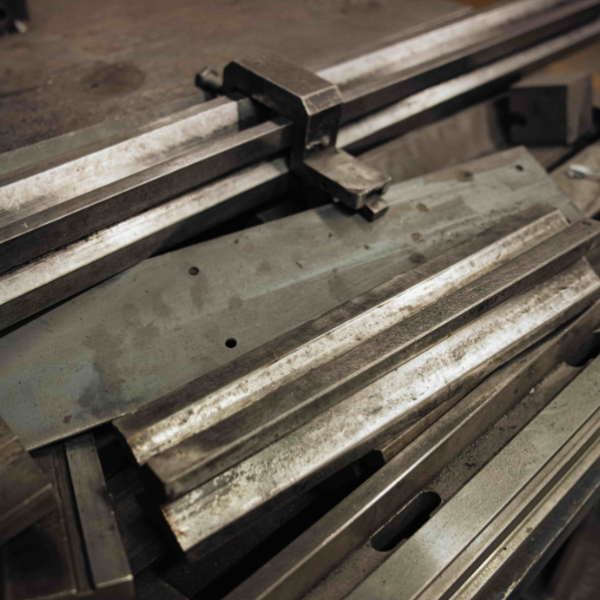
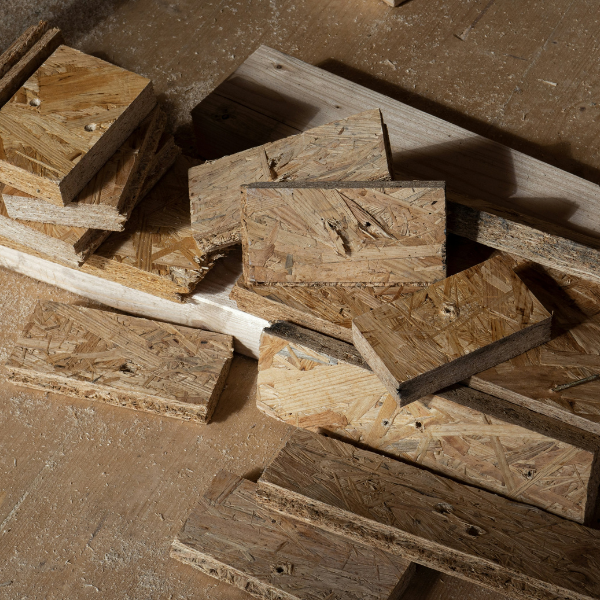
.avif)
-min.avif)

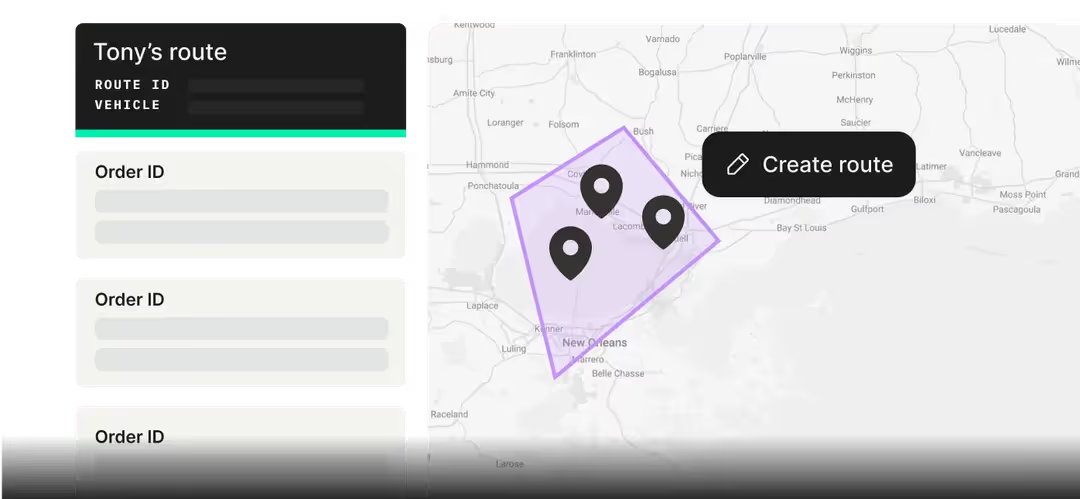
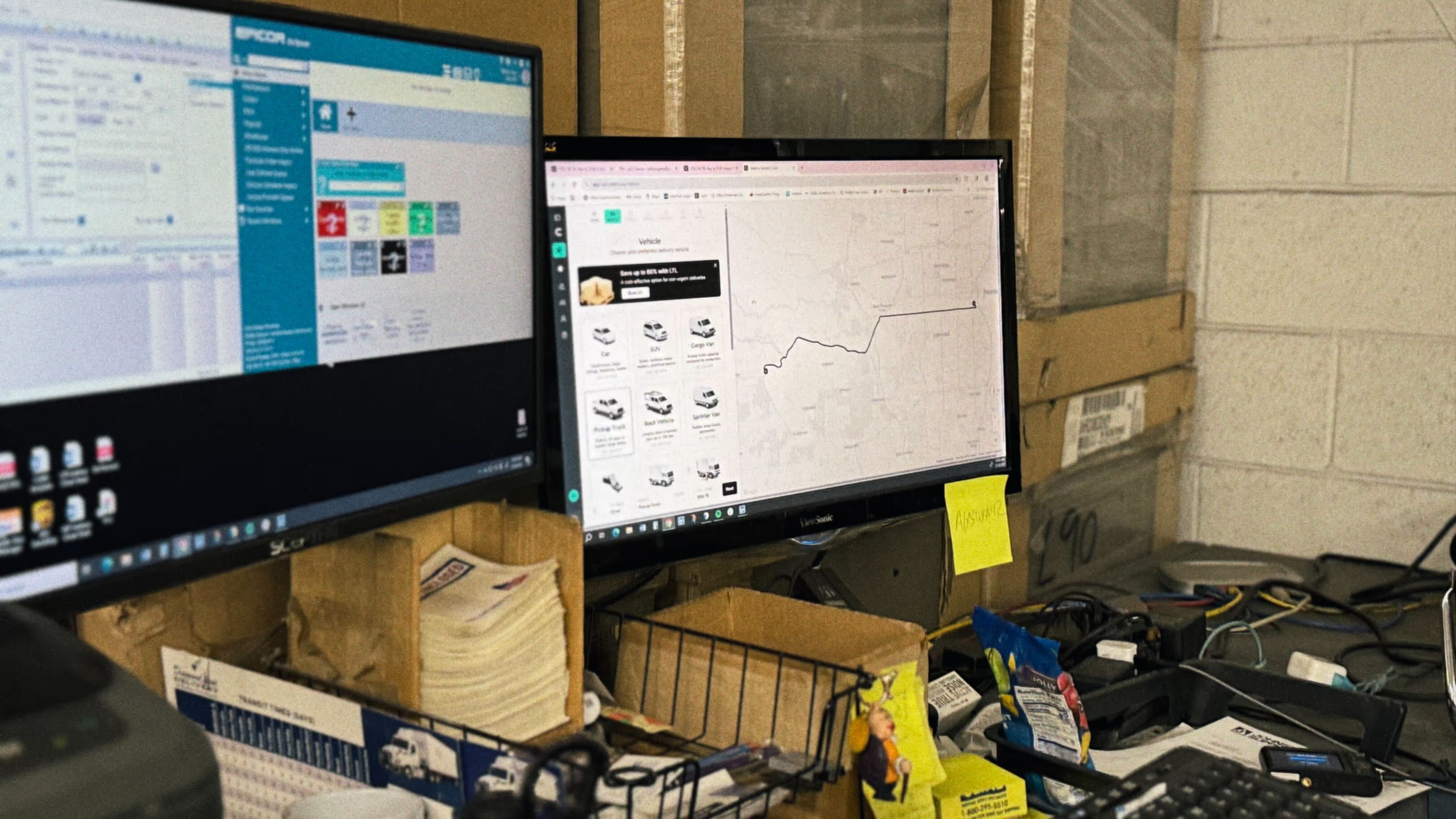
-min-min-min.avif)
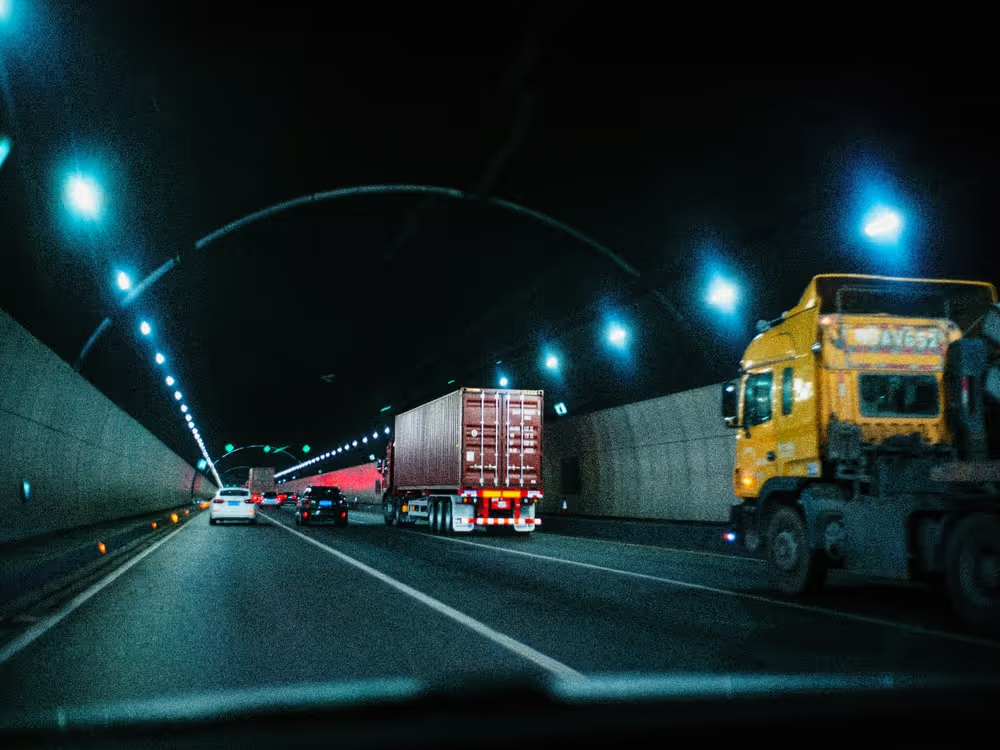
.avif)
-min.jpeg)
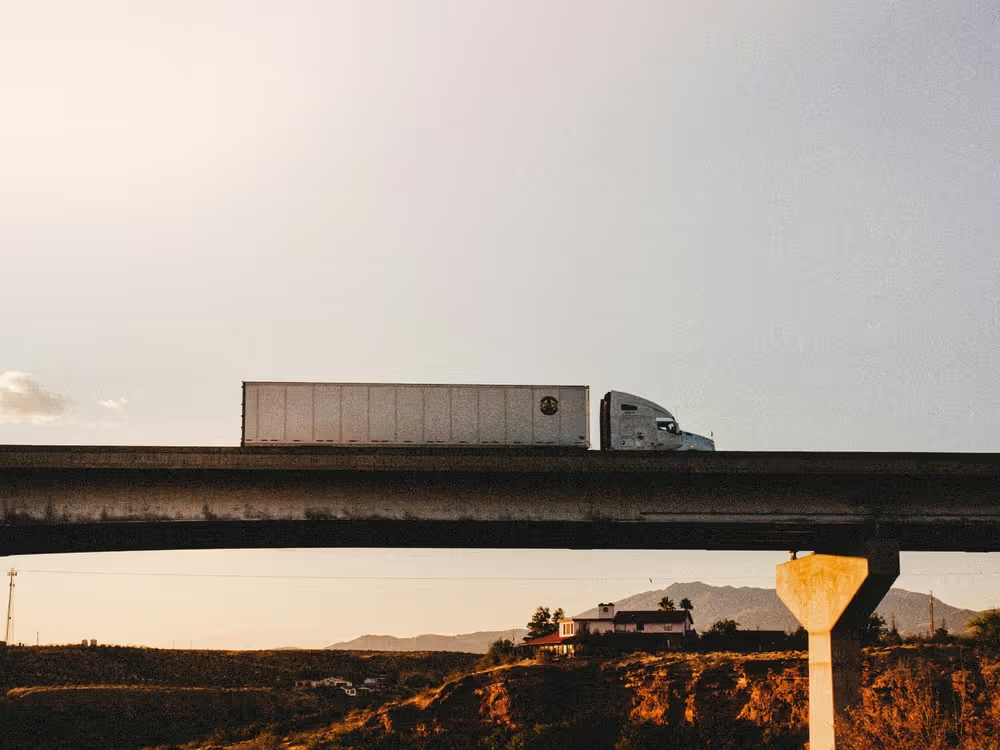

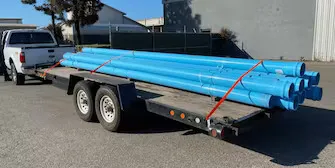
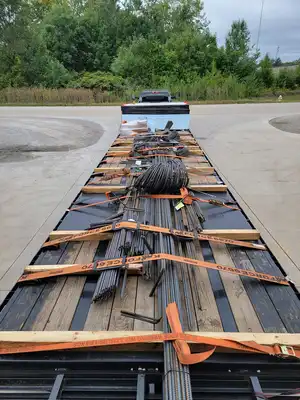

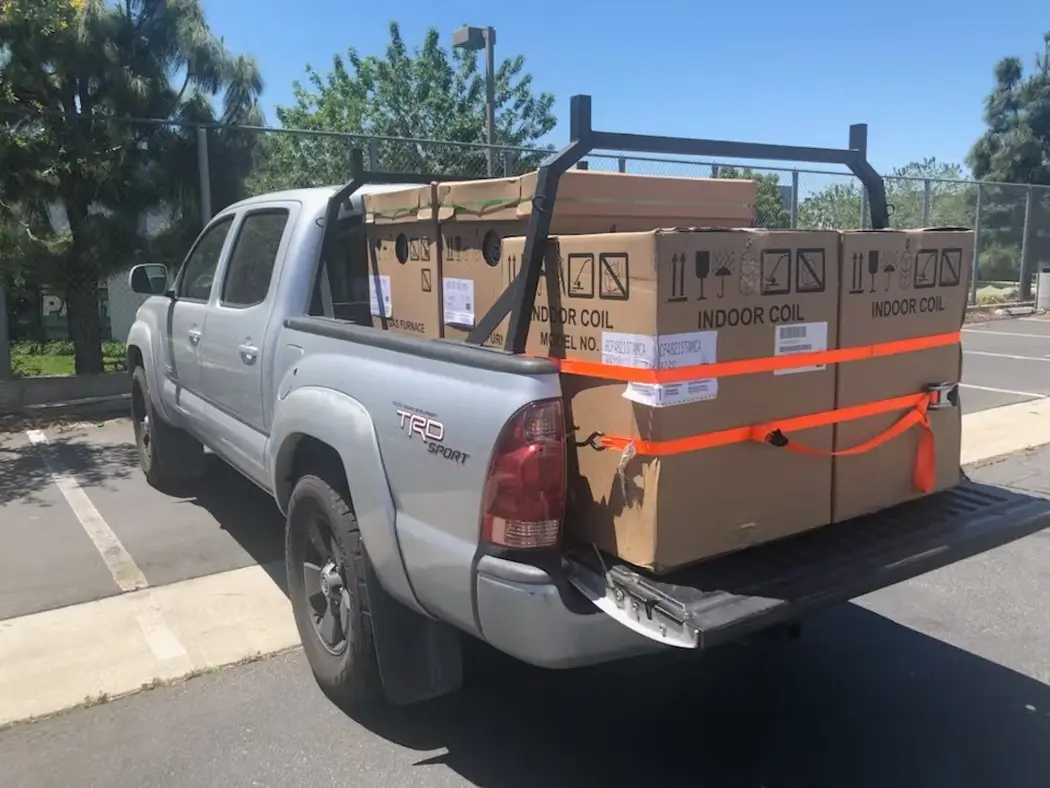
-min.webp)
.webp)
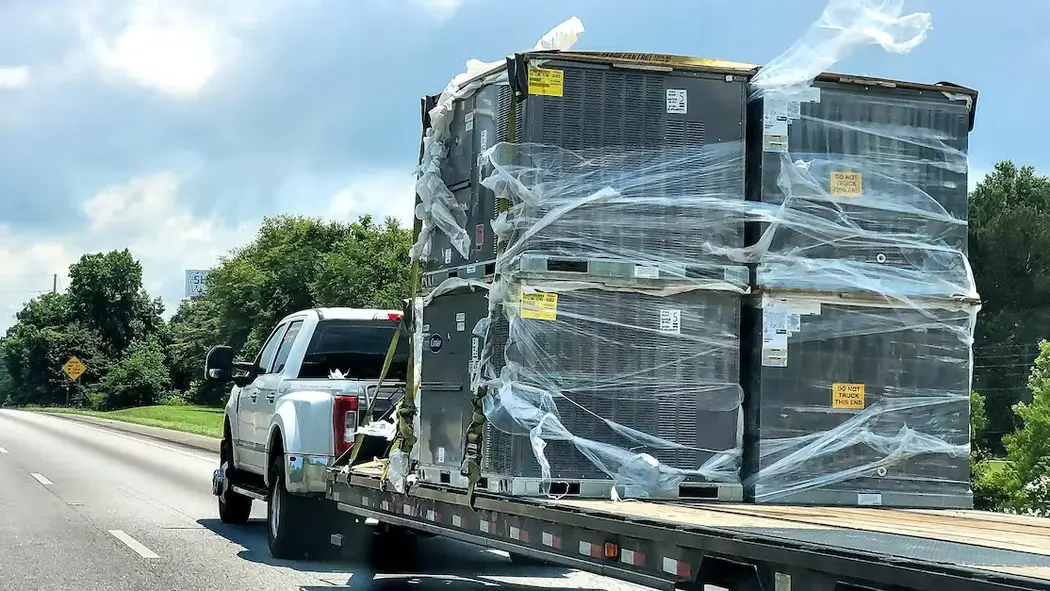
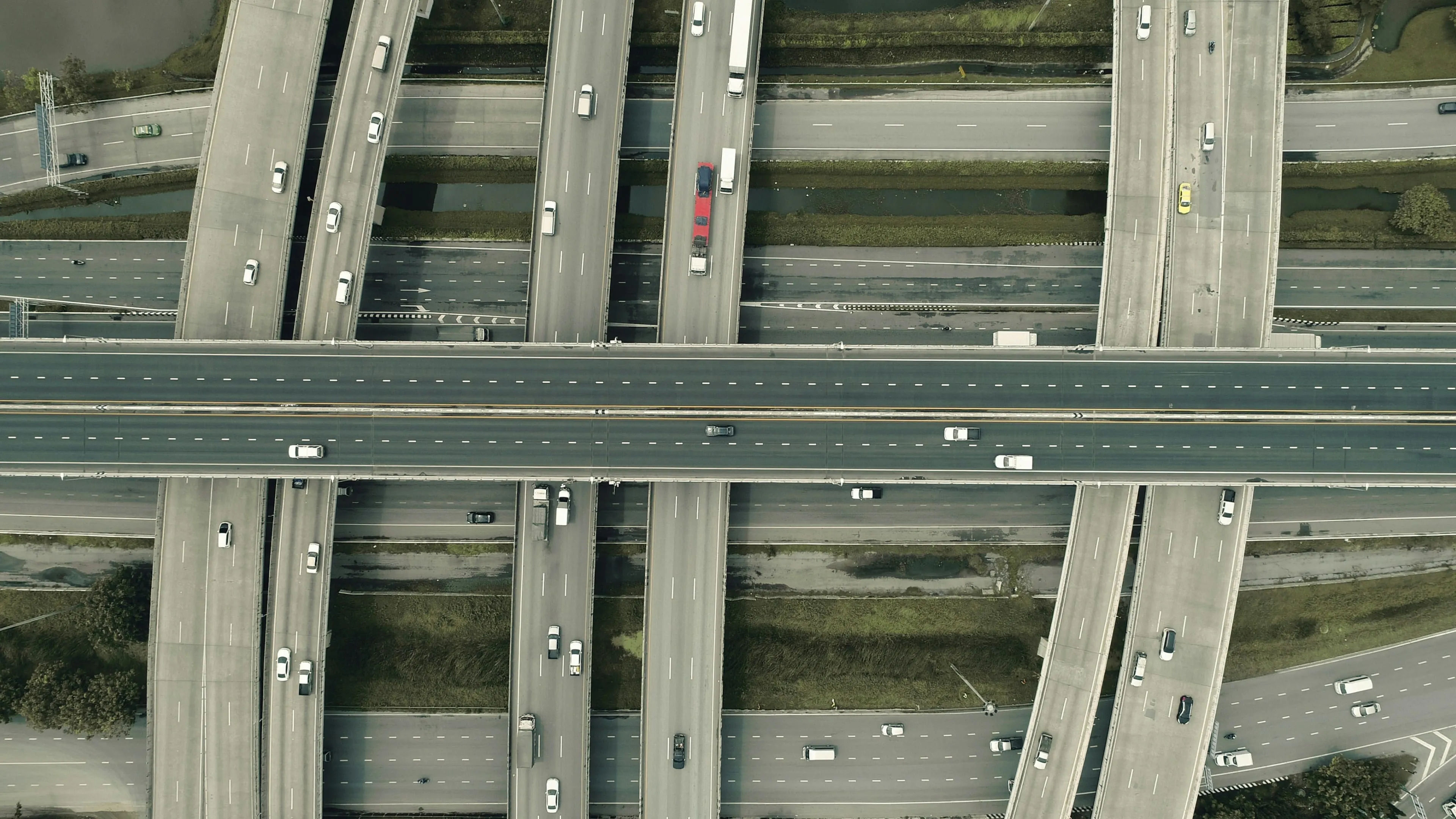

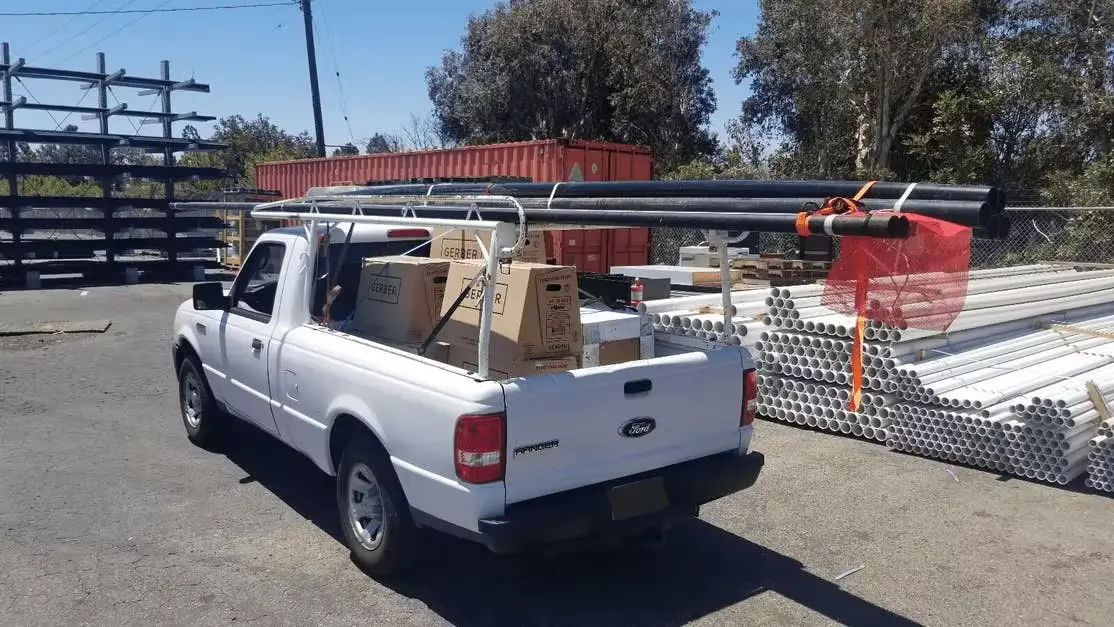

.webp)

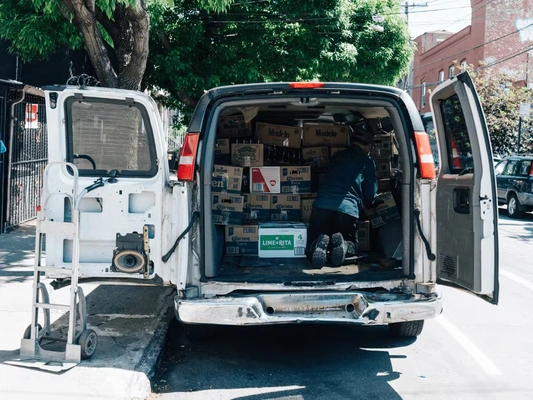


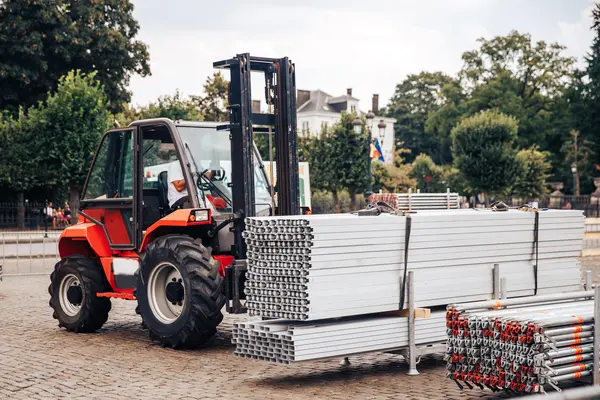
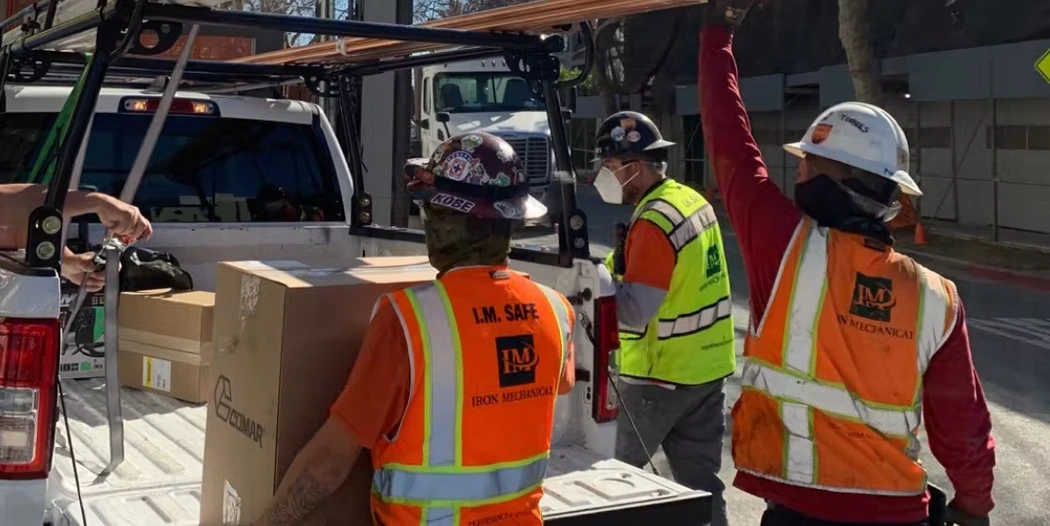
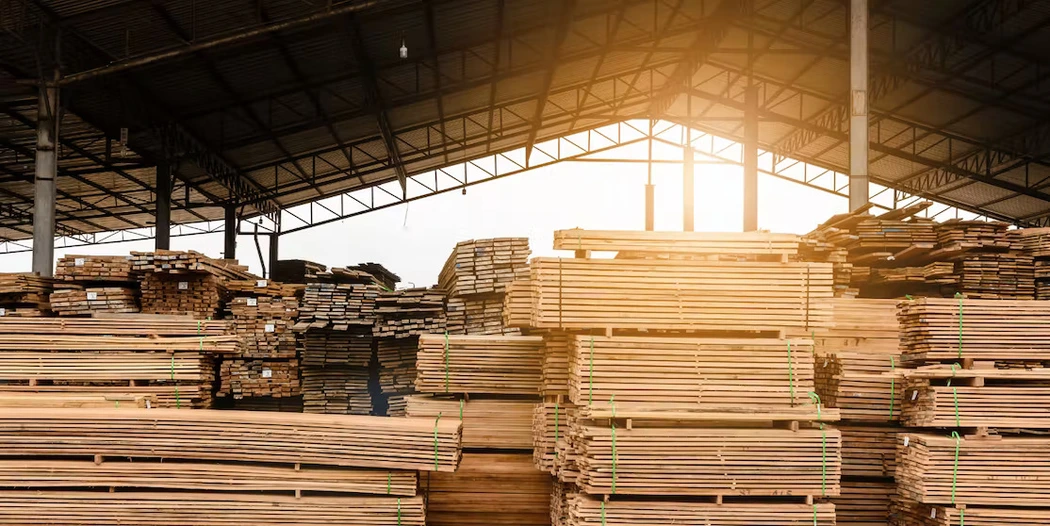




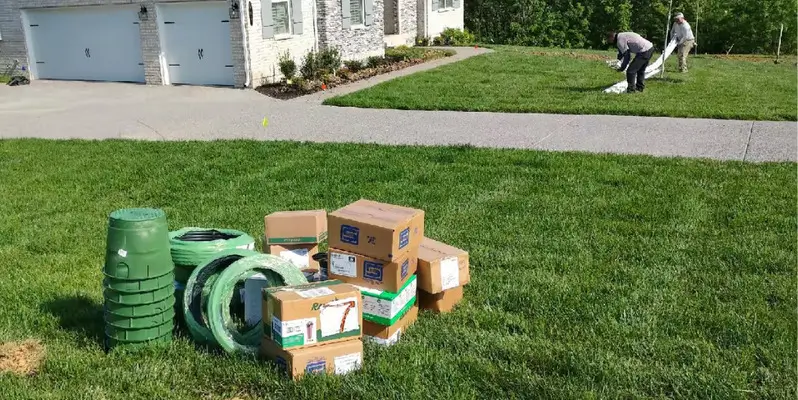
.webp)
-min.avif)


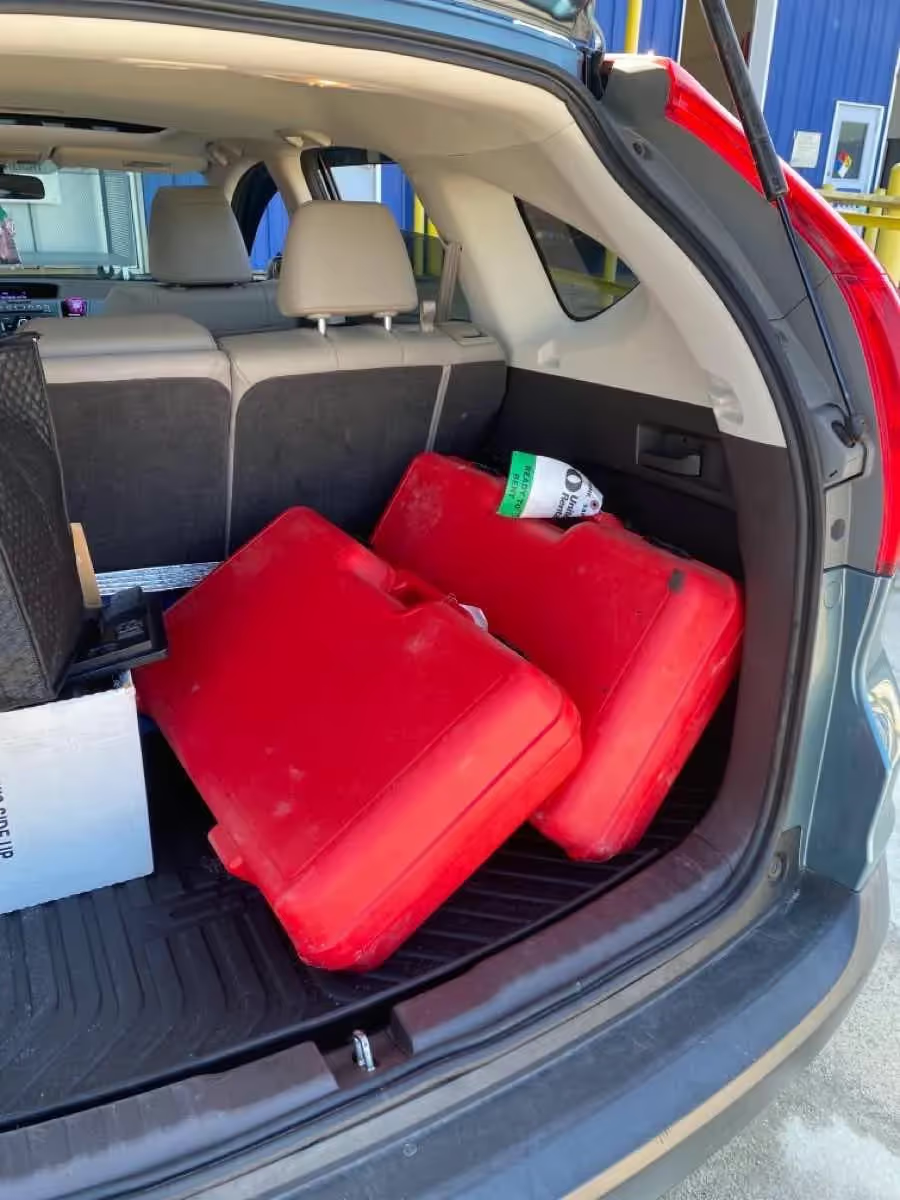

-min%2520(1).avif)

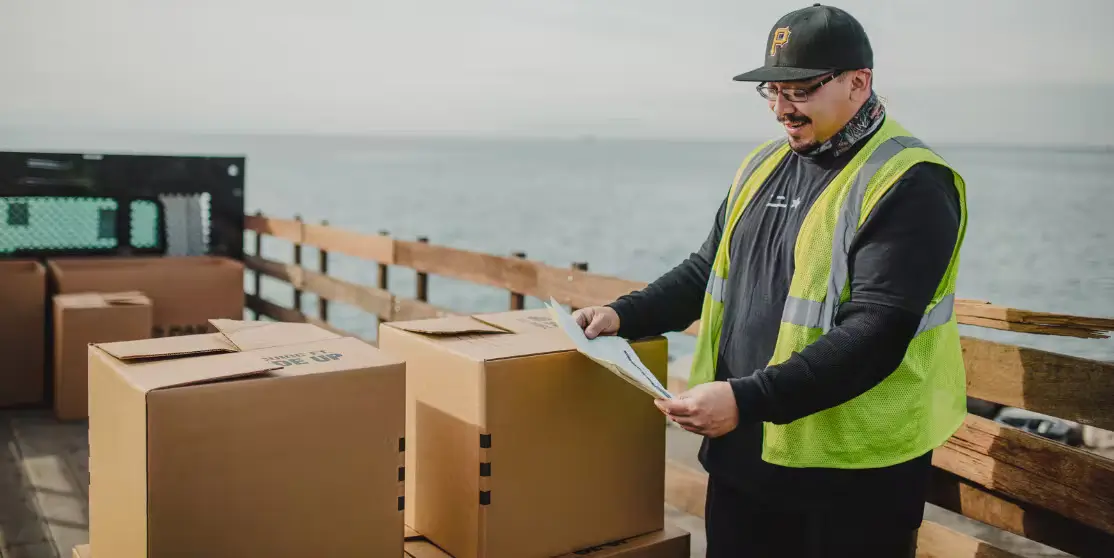
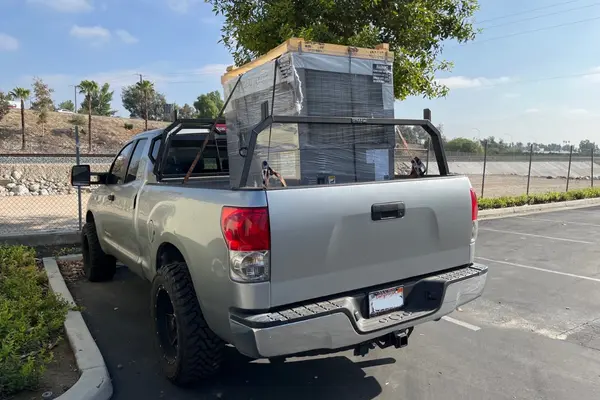


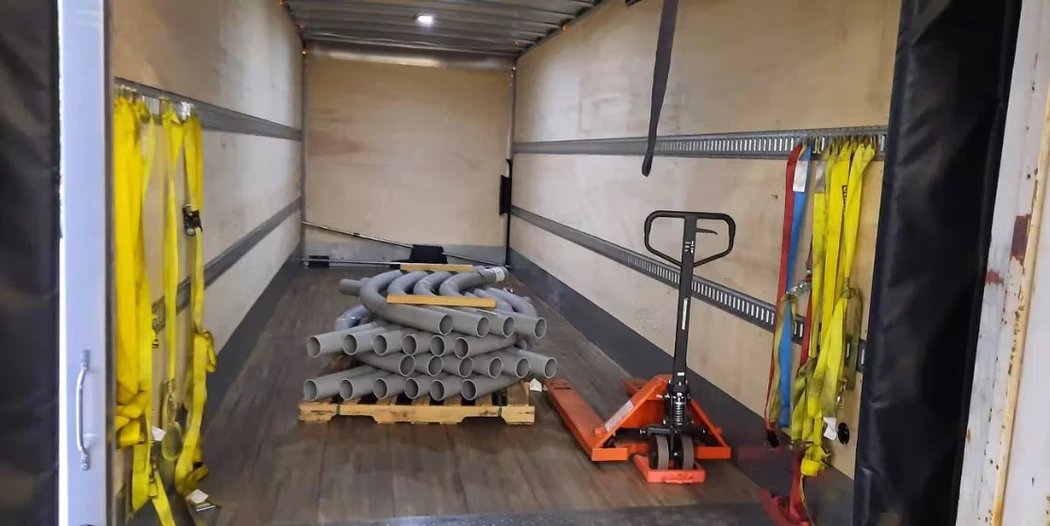
.avif)
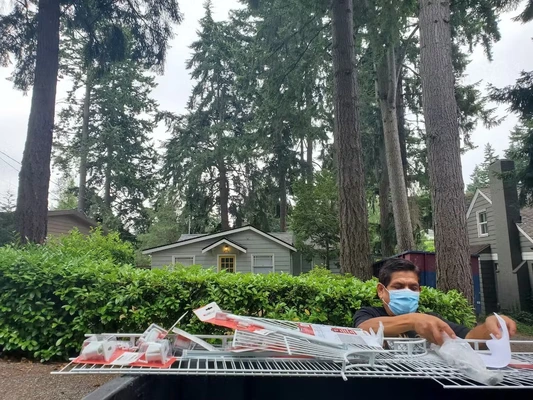

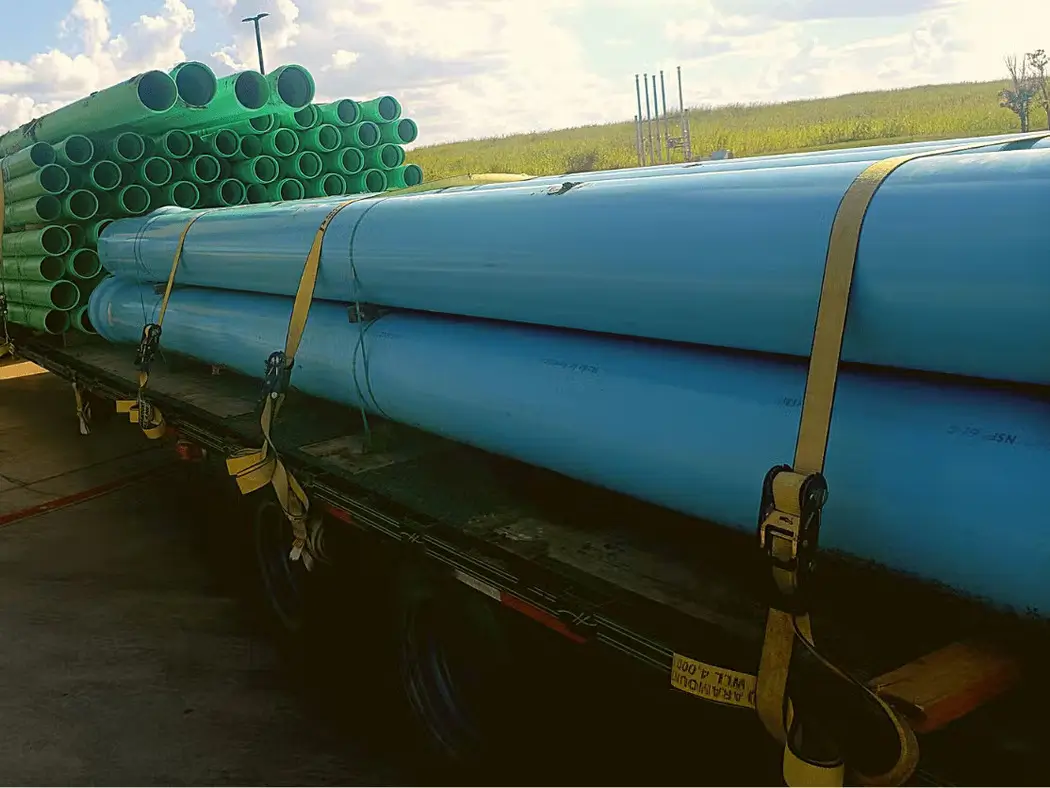
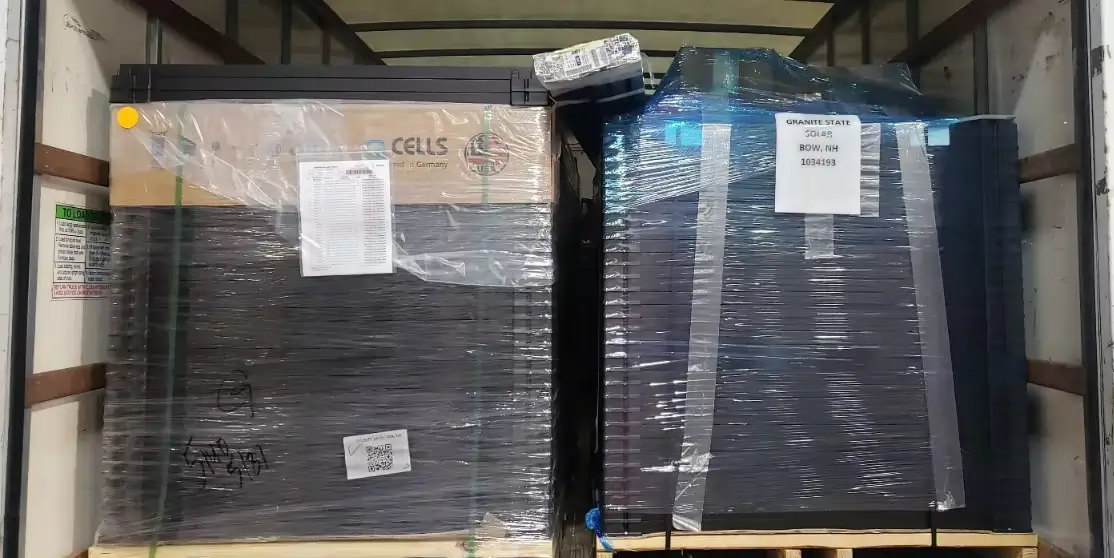
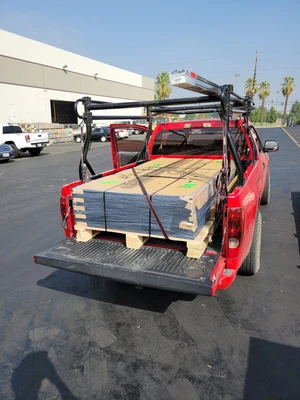
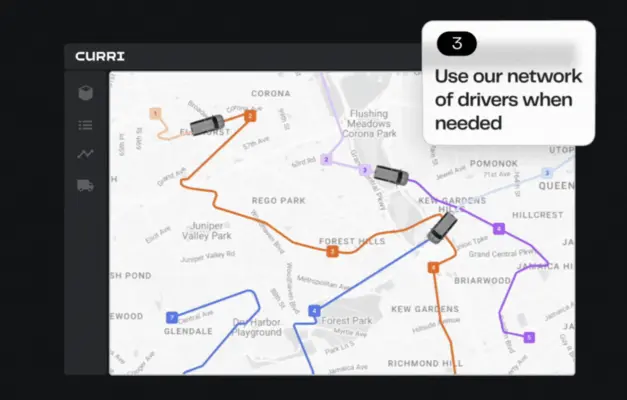


-min.avif)



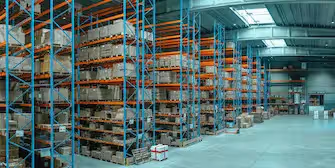
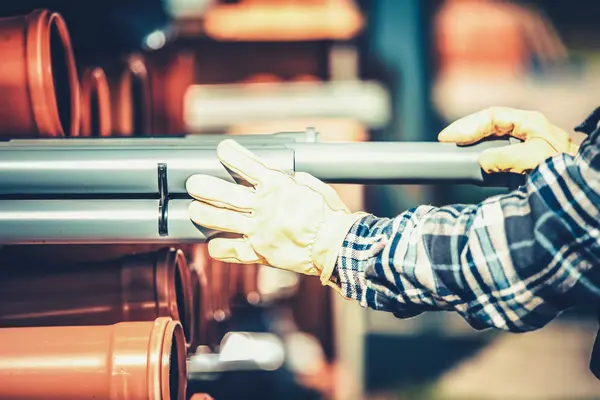
.webp)
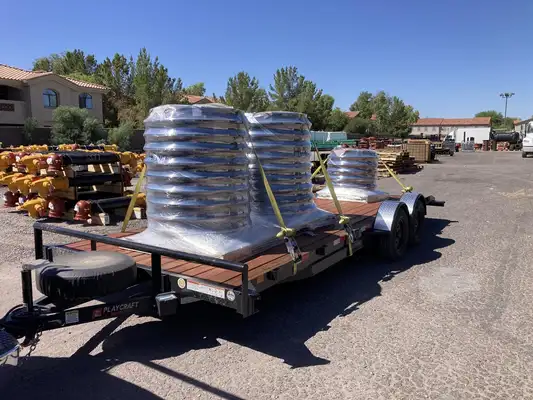
.webp)
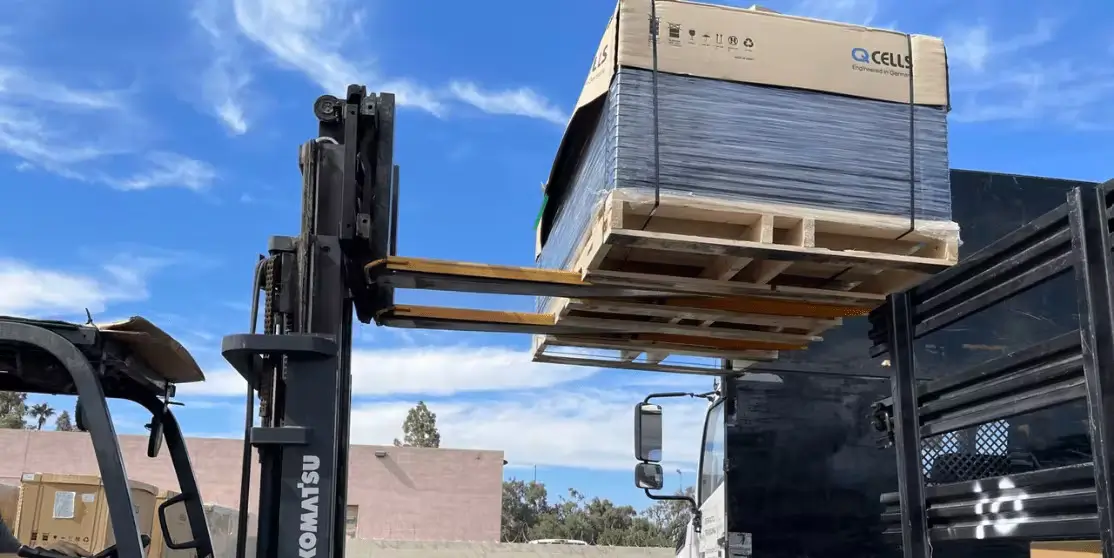
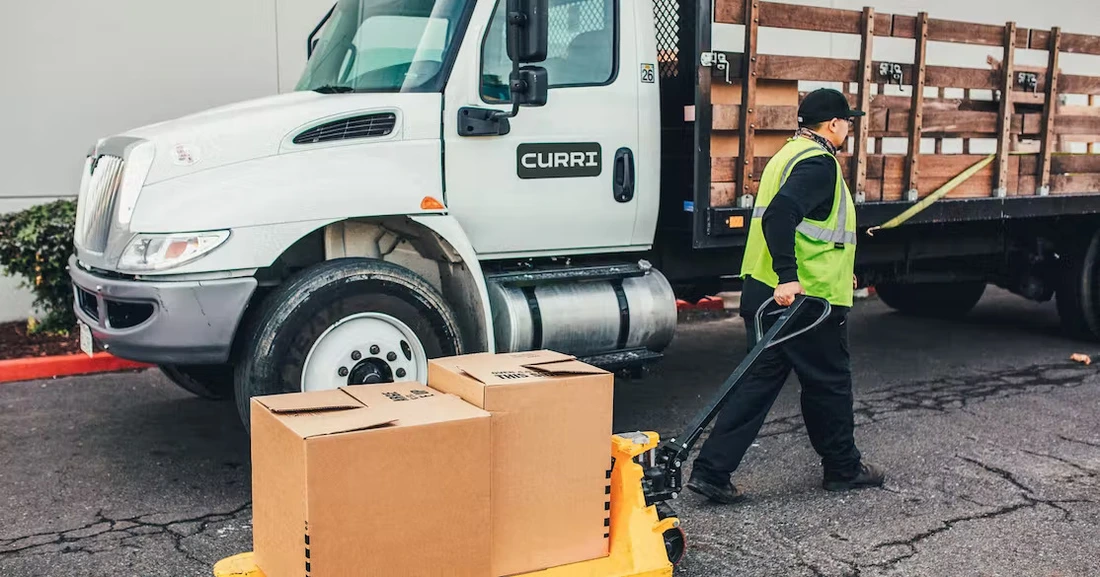
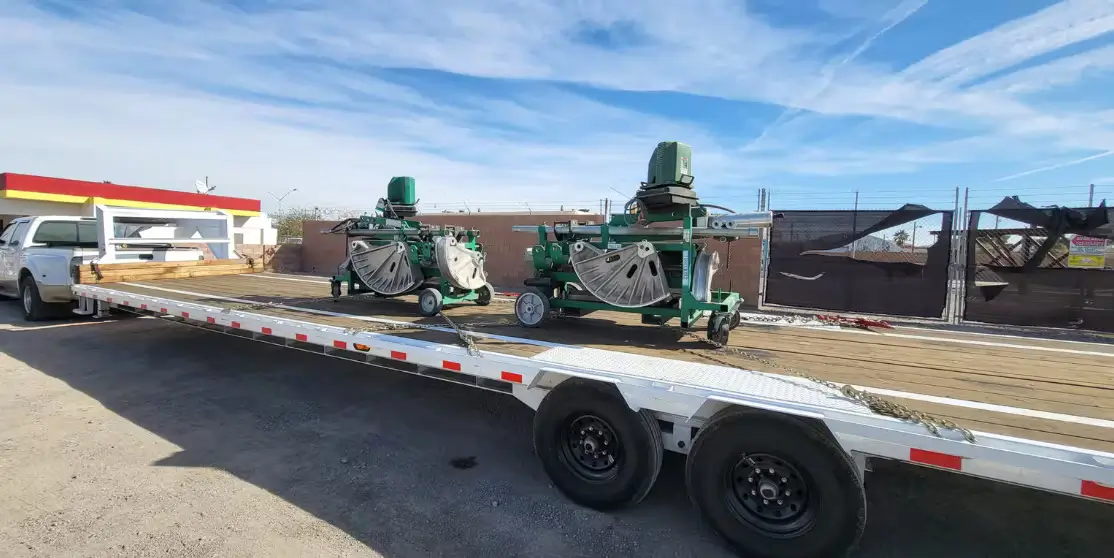
-min.avif)

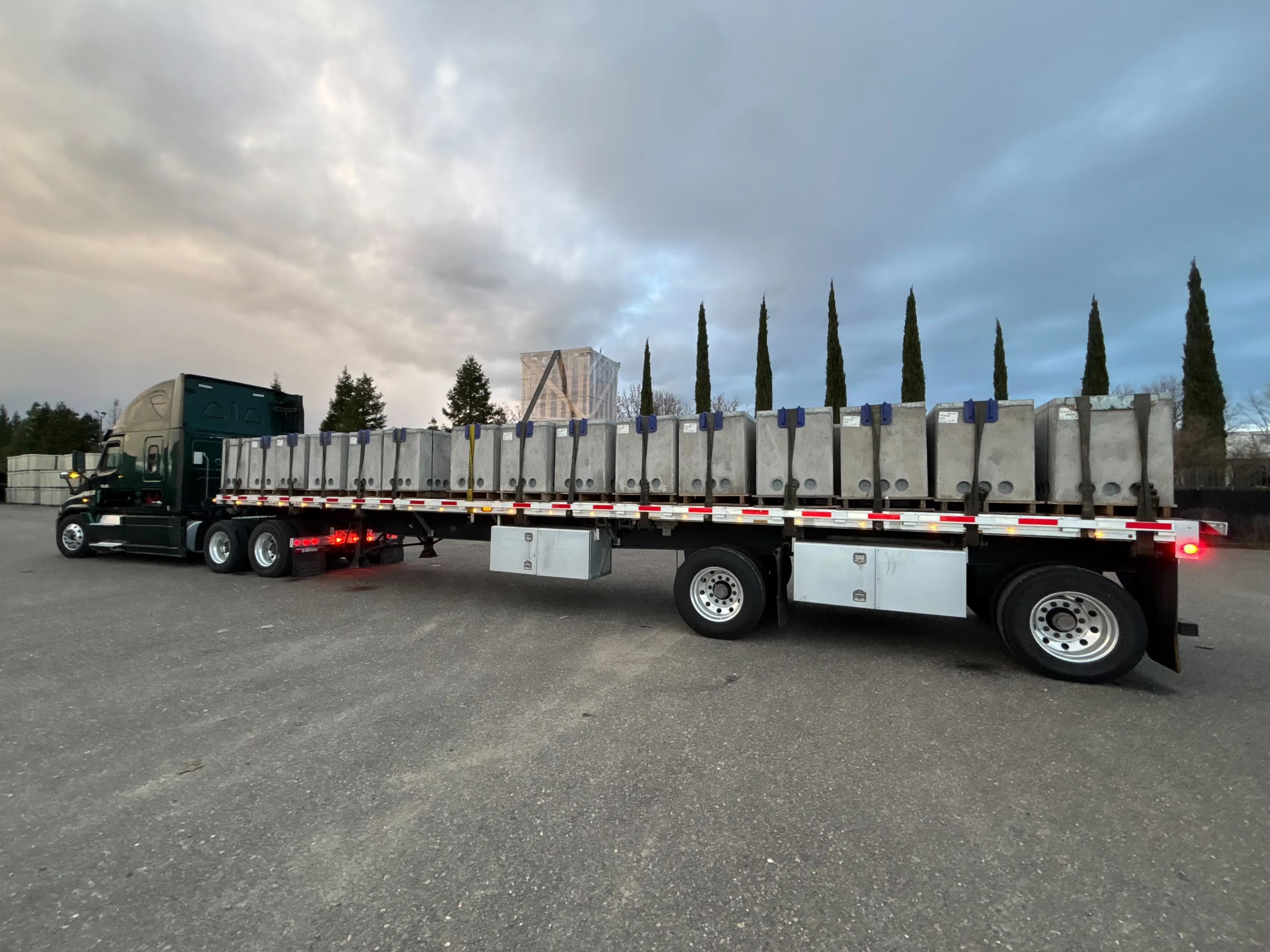

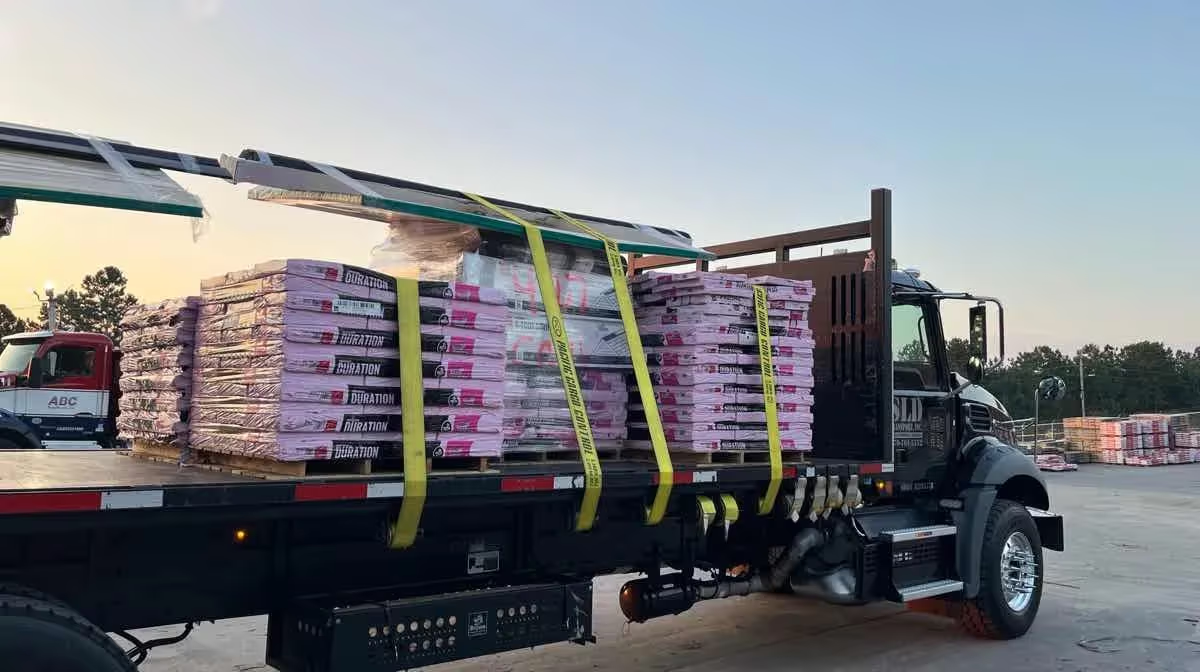
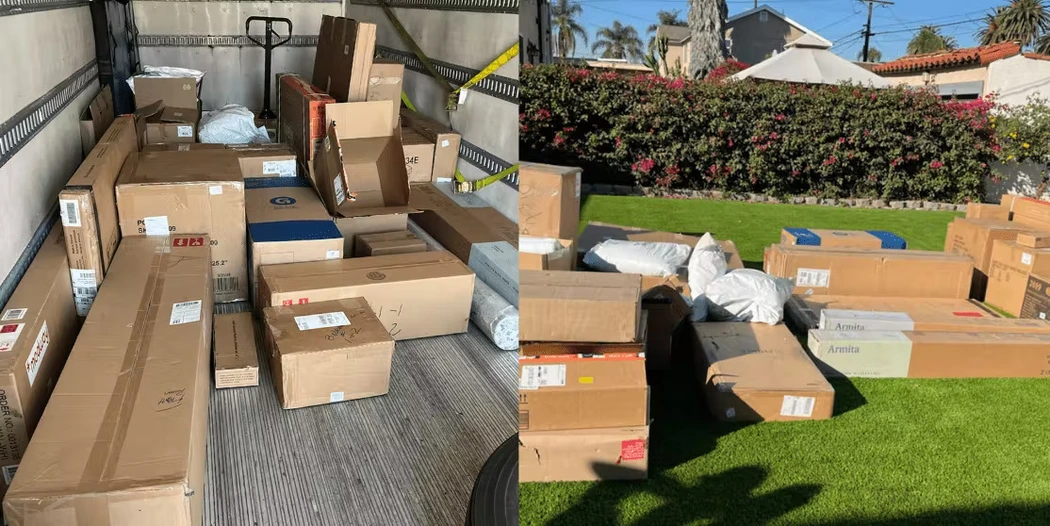
-min.webp)

.webp)
-min.webp)
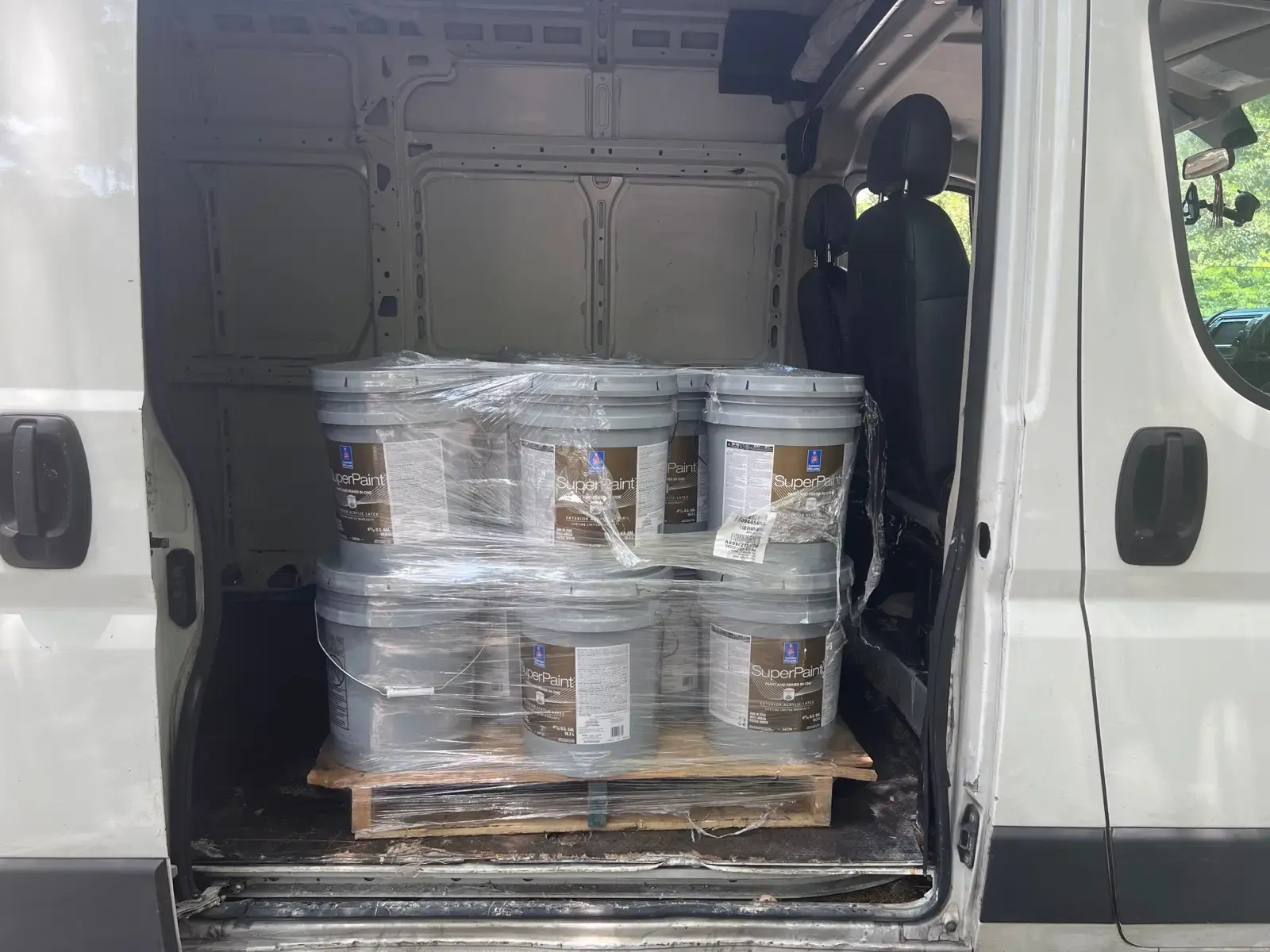
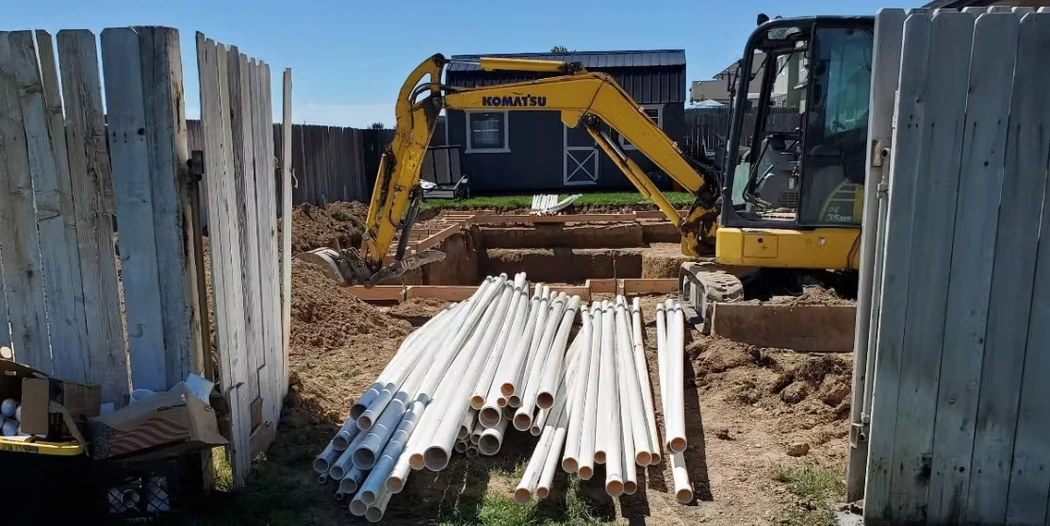

.webp)

.webp)
.webp)